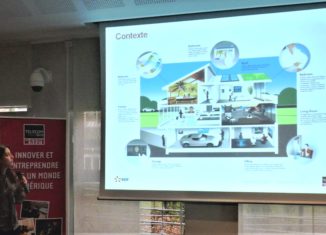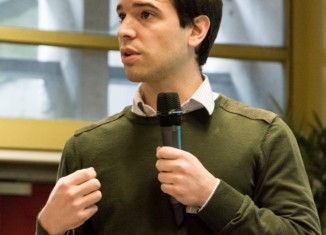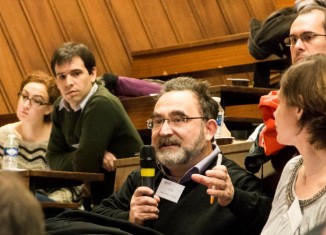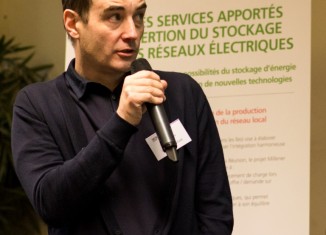Abstract: The electricity distribution grid was not designed to cope with load dynamics imposed by high penetration of electric vehicles, neither to deal with the increasing deployment of distributed Renewable Energy Sources. Distribution System Operators (DSO) will increasingly rely on flexible Distributed Energy Resources (flexible loads, controllable generation and storage) to keep the grid stable and to ensure quality of supply. In order to properly integrate demand-side flexibility, DSOs need new energy management architectures, capable of fostering collaboration with wholesale market actors and prosumers. We propose the creation of Virtual Distribution Grids (VDG) over a common physical infrastructure, to cope with heterogeneity of resources and actors, and with the increasing complexity of distribution grid management and related resources allocation problems. Focusing on residential VDG, we propose an agent-based hierarchical architecture for providing Demand Side
Management services through a market-based approach, where households transact their surplus/lack of energy and their flexibility with neighbours, aggregators, utilities and DSOs. For implementing the overall solution, we consider fine-grained control of smart homes based on Internet of Things technology. Homes seamlessly transact self-enforcing smart contracts over a blockchain-based generic platform. Finally, we extend the architecture to solve existing problems on smart home control, beyond energy management.
Novel paradigms for advanced distribution grid energy management
Jose Horta, Daniel Kofman, David Menga. Télécom ParisTech ISBN 2016D002 Feb. 2016.







